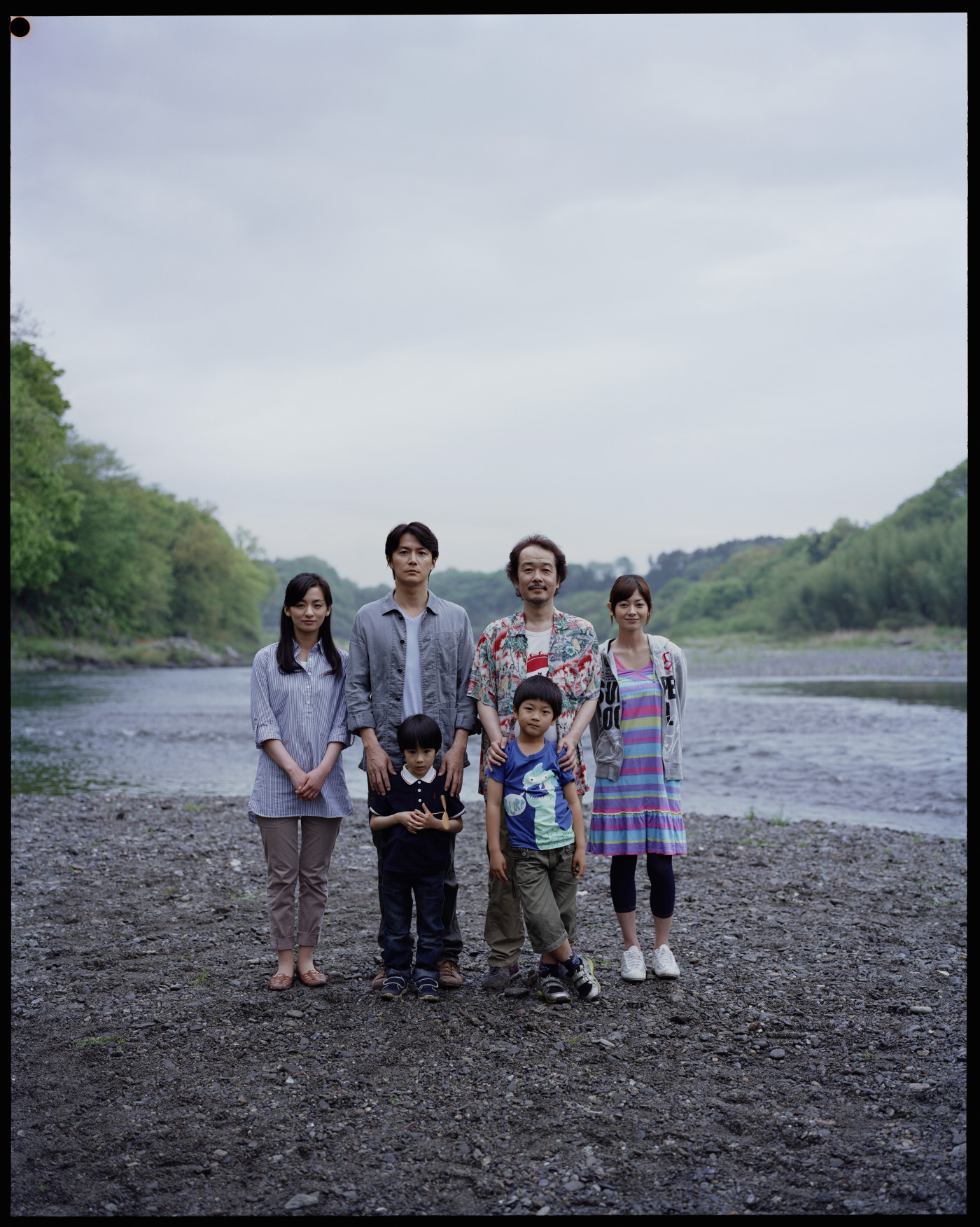
Successful architect Ryota takes pride in his perfectly planned lifestyle, and his wife and son Keita support him. But his certainty founders when he discovers that another man is his son’s biological father: in a maternity ward six years previously his child was switched with another. Will Ryota be able to accept a truth that the other members of both affected families find so difficult to handle?


Successful architect Ryota is convinced that his life – which is planned to the smallest detail, including the time he spends with his wife and young Keita – is absolutely perfect. So he is shocked to learn that Keita is the son of a totally different man, whose wife gave birth at the same time as Ryota’s wife Midori. Only now, six years later, do they learn that the boys were switched in the hospital. This far-from-unrealistic situation introduces the film’s main theme: what is the ratio of nature to nurture in the development of personality? According to the director-father, he himself struggled with this question without finding an answer. His film offers just one solution – tolerance. Once the egoistical Ryota realizes that his biological son has inherited not only his intellect and ambition, but also his authoritative nature, and that the more impressionable Keita feels freer in his real family instead of having to practice the piano, he can finally overcome his own pride. Ryota is played by the popular Japanese pop music and television star Masaharu Fukuyama; equally outstanding are the child actors and Machiko Ono as Ryota’s wife Midori.
120 min / Color, DCP
Director Hirokazu Koreeda
/ Screenplay Hirokazu Kore-eda
/ Dir. of Photography Mikiya Takimoto
/ Editor Hirokazu Kore-eda
/ Producer Chihiro Kameyama, Tatsuro Hatanaka, Tom Yoda
/ Production Film, Inc.
/ Cast Masaharu Fukuyama, Machiko Ono, Yoko Maki, Lily Franky
/ Contact GoodFellas

Hirokazu Kore-eda (b. 1962, Tokyo) first gained attention at Venice with Maboroshi no hikari (1995), a cinematic elegy about a young woman. In After Life (Wandafuru raifu, 1998) he explored the theme of memory while also letting audiences see the filming process. Distance (2001) is about people whose relatives followed a religious cult to their voluntary death. The protagonists of Nobody Knows (Dare mo shiranai, 2004), which competed at Cannes, are four abandoned children. He has shot several documentaries for Japanese television that look at disadvantaged people, including those living on the margins of society. In 2007 Karlovy Vary’s audiences were treated to the historical film Hana (Hana yori mo naho, 2006), and Czech theaters screened his comic-book adaptation Air Doll (Kuki ninqyo, 2009). In 1996, he was awarded Japan’s highest documentary prize.
GoodFellas
65 rue de Dunkerque, 75009, Paris
France
Phone: +33 143 132 164
E-mail: [email protected]

Alain de la Mata
Buyer, Buyer
First-hand brews throughout the year.
Be among the first to learn about upcoming events and other news. We only send the newsletter when we have something to say.